A way to increase knowledge worldwide: a large quantity of ancient and recent documents are within reach of everyone due to Digital Collections
Text and photos by Caterina Sbrana.
Dear readers,
this is the second report I realized on my trip to New York following the one on 9/11 Museum& Memorial, and it regards the system created by the New York Public Library that counts more than 50 million items. I personally was very responsive to the organization of the libraries that permit worldwide to find a huge quantity of materials for study and researches.
The New York Public Library (NYPL) system actually includes 92 libraries situated in different districts like Bronx, Manhattan and Staten Island. Humanities and social sciences, performing arts, black history and culture, business and industry are the topics of the four research centers that take part in NYPL System.
The collections of the New York Public Library compose of more than 50 million items, thanks to the work of generations of curators over the past 160 years. The collections have been organized into more than 100 major topics.
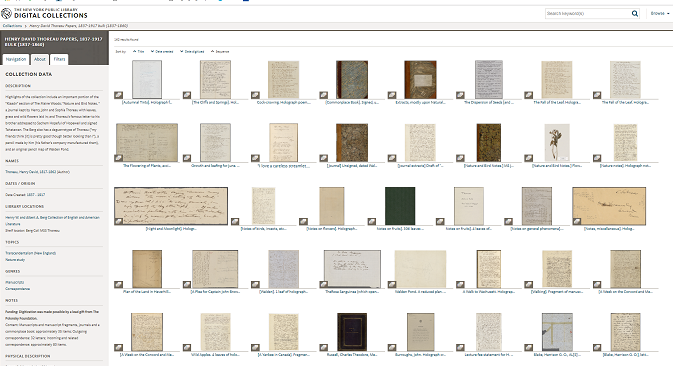
Screenshot https://digitalcollections.nypl.org/collections/
Searching the website of the NYPL we can find out, by clicking on “Research”, a huge digitisation project carried out by different research teams, out of which 180,000 documents are available since 2016 in digital version and in public domain. These documents include: maps, posters, manuscripts drawings, photographs like those of Racioppo Larry, Barvin Bill, Morris Rosenfeld, Walter Silver, Martha Swope etc., letters, ancient texts, charts, totally open access for everybody, from children to adults.
We can read on the website that “everyone has the freedom to enjoy and reuse these materials in almost limitless ways. The Library now makes it possible to download such items in the highest resolution available directly from the Digital Collections website. […] The release of more than 180,000 digitized items represents both a simplification and an enhancement of digital access to a trove of unique and rare materials: a removal of administration fees and processes from public domain content, and also improvements to interfaces — popular and technical — to the digital assets themselves“.
The New York Library in 476 5th Ave is located in an extraordinary building, the Stephen A. Schwarzman’s Building: study rooms, research rooms, exhibitions… in a space that takes your breath away. On my trip to New York for Digital Meets Culture, I went to this building where is one of the locations of the public libraries in New York. On the first floor, at the information point, I presented myself explaining that I was writing an article for our magazine and that I wanted to consult some documents. I filled out an application form using one of the many computers available. I specified my residence time in New York and in a few minutes I got my own free library card.With it you can borrow books and materials that can be returned in any of the libraries that are part of the NYPL system. Also, the card allows you to receive notices, download digital media, search hundreds of electronic databases, reserve a computer, and more.
Searching the Public Domain Digital Collections we can find a lot of documents, as the Street view of New York City’s Fifth Avenue how it was in 1911 compared with 2015’s Google Street View; manuscripts of American literary masters like Walt Whitman, Henry David Thoreau, and Nathaniel Hawthorne; Medieval and Renaissance illuminated manuscripts from Western Europe; Book Art and illustration; over 20,000 maps and atlases documenting New York City, North America, and the World etc.
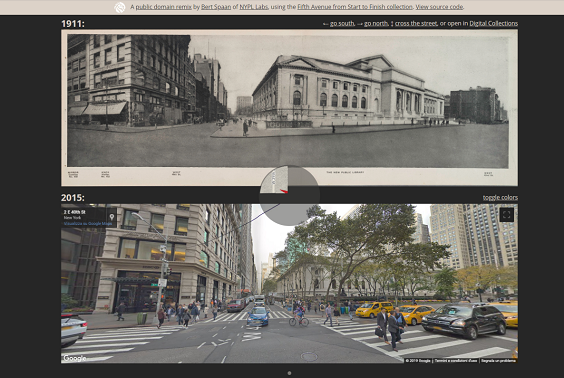
Street view NY Fifth Avenue: 1911/2015 comparison
In the section “ALL COLLECTIONS” it is possible to do a research by keywords related to a country, a topic, an author etc… Let’s search the H. Thoreau manuscripts on the web page: on the left we find information about the Collection, the author, date of manuscript creation, library locations, topics, notes; in the middle of the web page there are the digital documents. A symbol on the left of the images shows if the document is composed by more than one page and if it is possible to print it.
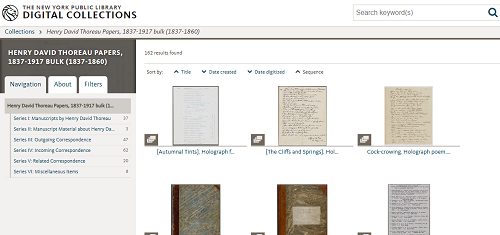
Screenshot: H. Thoreau manuscripts
The mission of The New York Public Library is “inspire lifelong learning, advance knowledge, and strengthen communities“. Nowadays technological means allow us to preserve and spread culture by sharing documents, old as well as modern, in digital platforms that allow everyone to enjoy cultural goods, by deleting physical distances. There is a double advantage: the preservation and the dissemination of documents belonging to the cultural heritage of each individual community.
NYPL website: https://www.nypl.org/
Access to Public Domain items: https://www.nypl.org/research/collections/digital-collections/public-domain
 Museums for all people! This was the title of the international conference held from 2 to 5 April 2019 at Complutense University in Madrid. Keynote lectures, short talks and posters discussed the diverse and multi-layered dimensions of art and cultural heritage and in particular of the museum as an institution. The focus was in particular on the great diversity of the public and barrier-free access to culture. Further topics were: the relations between museums and universities, the use of new technologies as well as participative, integrative and cooperative projects. The majority of the presentations and discussions again highlighted the social importance and responsibility of museums. The congress offered valuable opportunities for an intensive exchange across countries and sectors, which will enable the further development of ideas on future museum work in theory, practice and politics.
Museums for all people! This was the title of the international conference held from 2 to 5 April 2019 at Complutense University in Madrid. Keynote lectures, short talks and posters discussed the diverse and multi-layered dimensions of art and cultural heritage and in particular of the museum as an institution. The focus was in particular on the great diversity of the public and barrier-free access to culture. Further topics were: the relations between museums and universities, the use of new technologies as well as participative, integrative and cooperative projects. The majority of the presentations and discussions again highlighted the social importance and responsibility of museums. The congress offered valuable opportunities for an intensive exchange across countries and sectors, which will enable the further development of ideas on future museum work in theory, practice and politics.

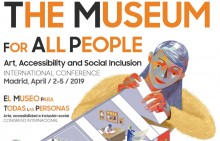

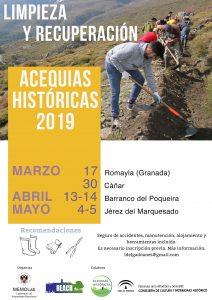
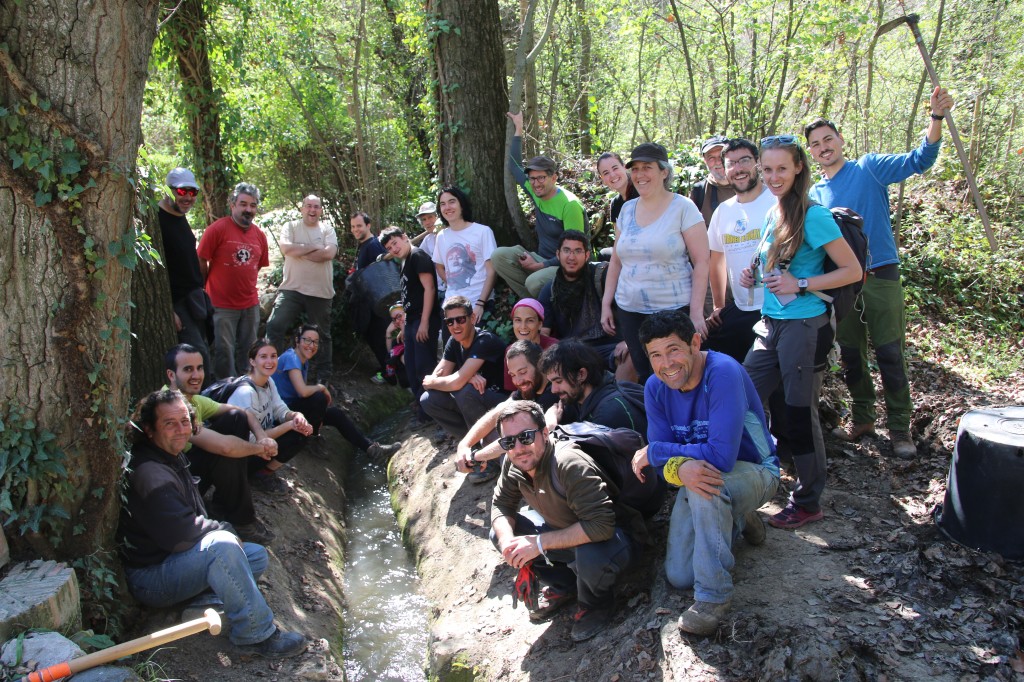
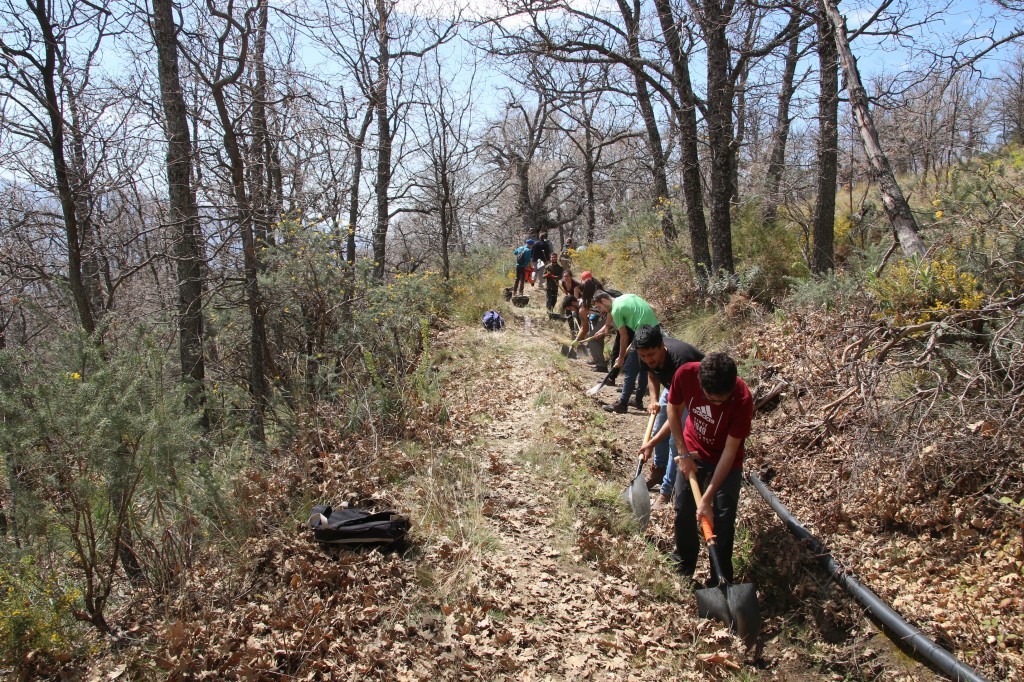
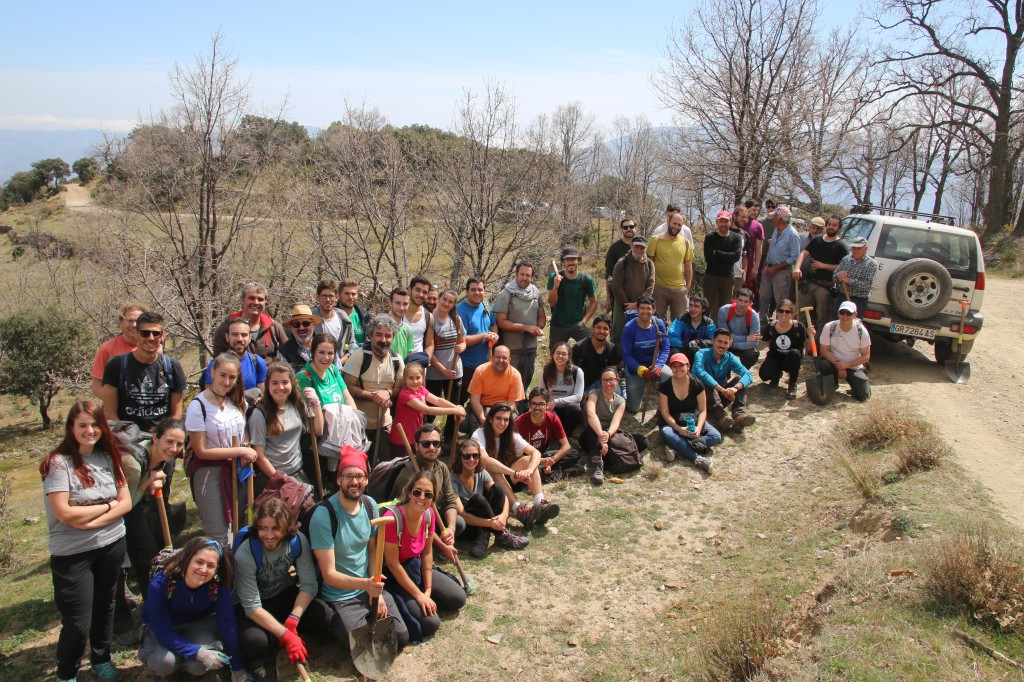
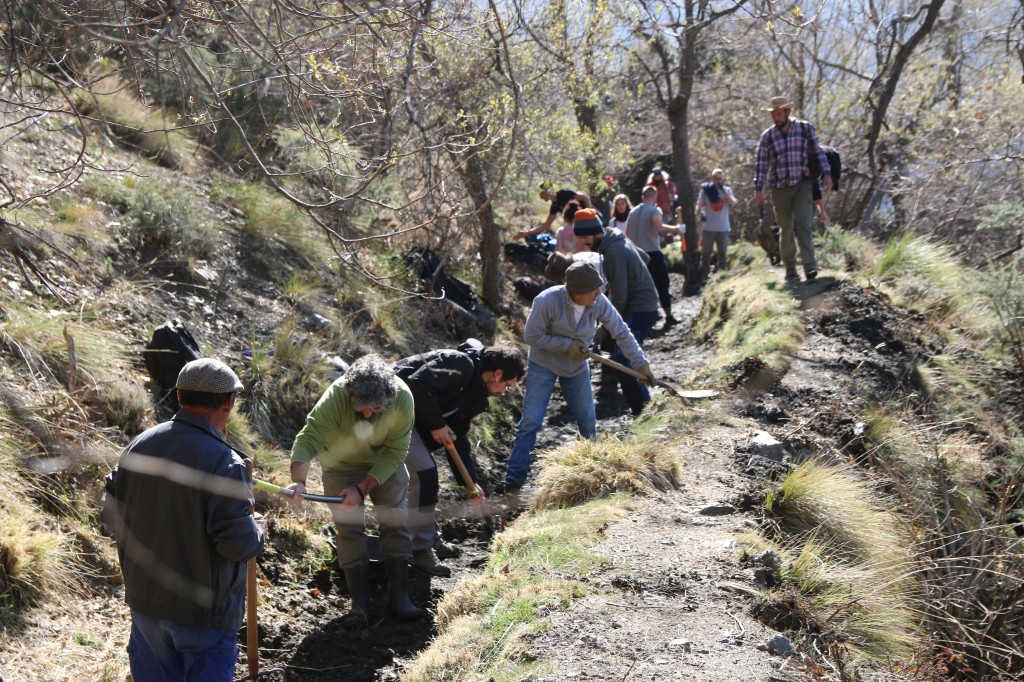
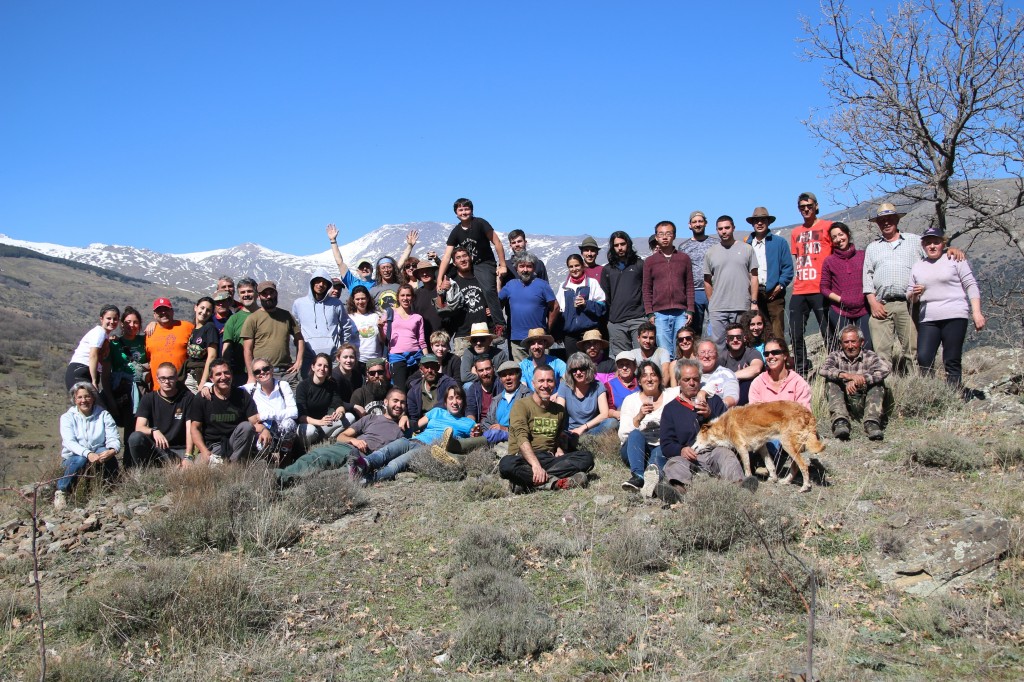

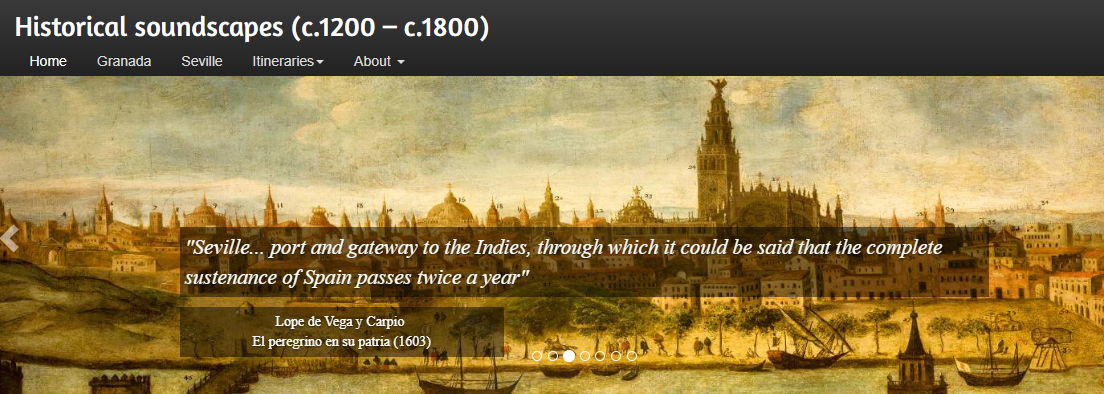
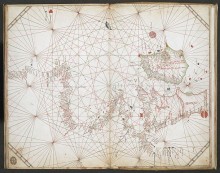
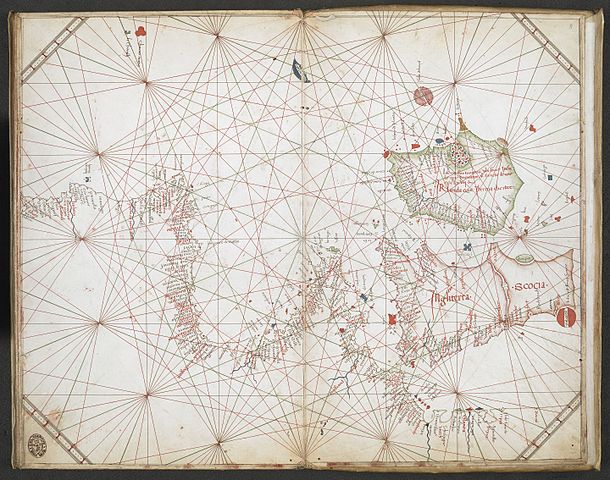 The current issue of EuropeanaTech Insight newsletter is solely dedicated to the Pelagios community and was done in close collaboration with the Pelagios team.
The current issue of EuropeanaTech Insight newsletter is solely dedicated to the Pelagios community and was done in close collaboration with the Pelagios team. 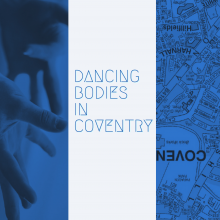
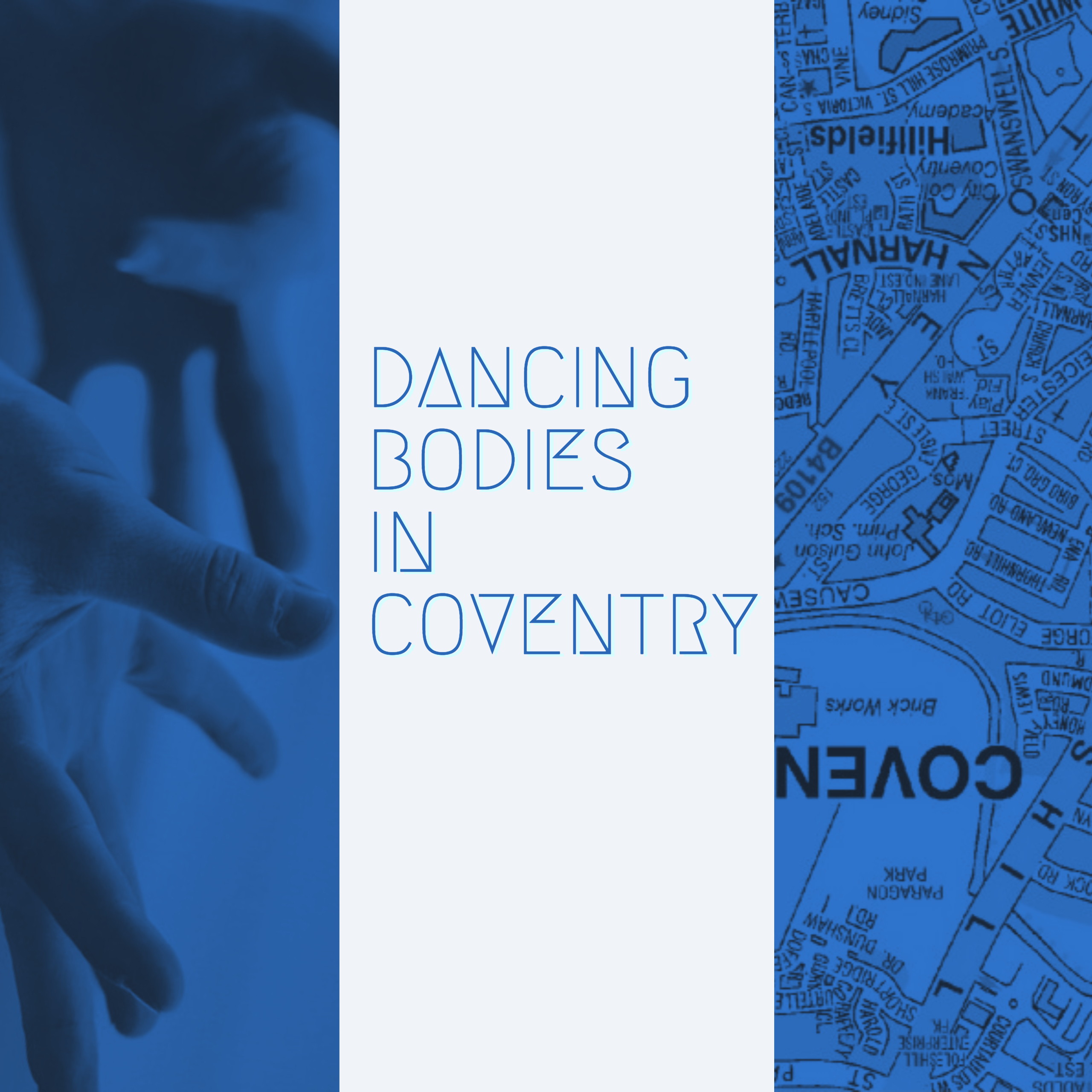
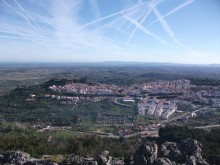
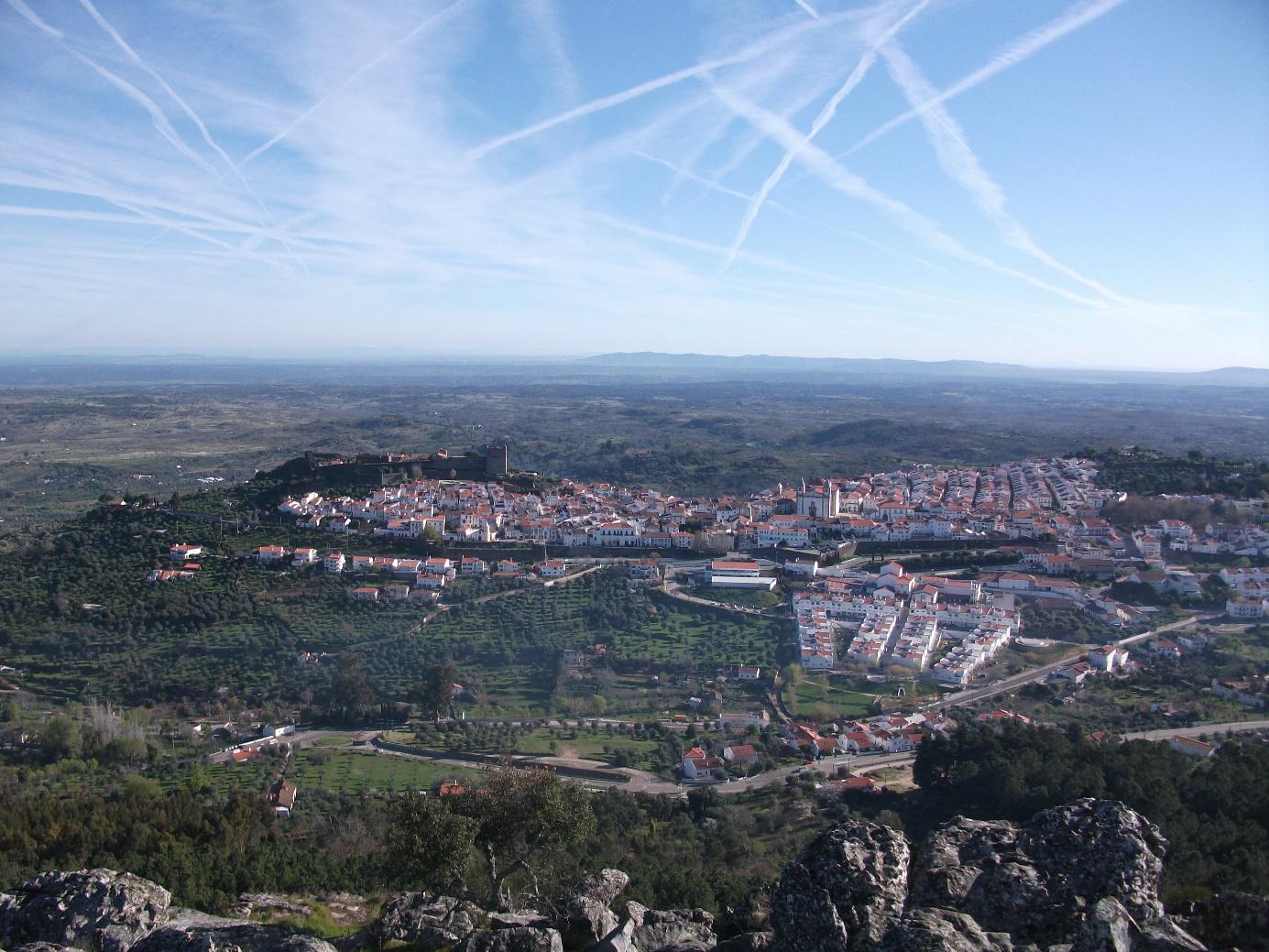
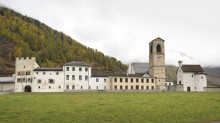
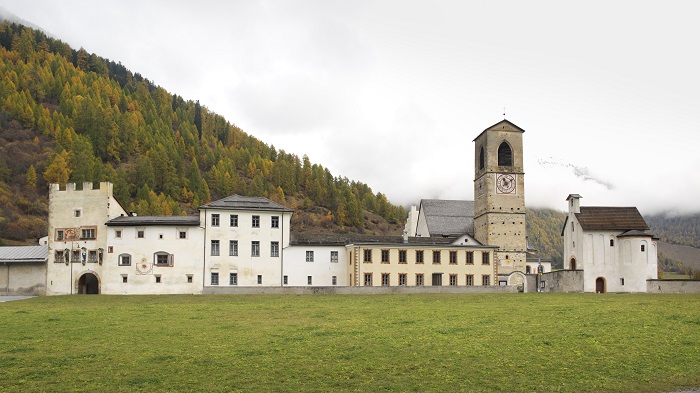
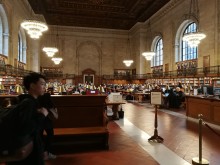













 The latest successful Symposium of REACH Social Platform was joined by a great number of international professionals engaged in the field of cultural heritage. The event titled “Horizons for Heritage Research – Towards a Cluster on Cultural Heritage“, took place the 20th of March, in Brussels and was followed by a second day of Policy Debate meeting which contributed to complete the objectives and reflections of the event.
The latest successful Symposium of REACH Social Platform was joined by a great number of international professionals engaged in the field of cultural heritage. The event titled “Horizons for Heritage Research – Towards a Cluster on Cultural Heritage“, took place the 20th of March, in Brussels and was followed by a second day of Policy Debate meeting which contributed to complete the objectives and reflections of the event.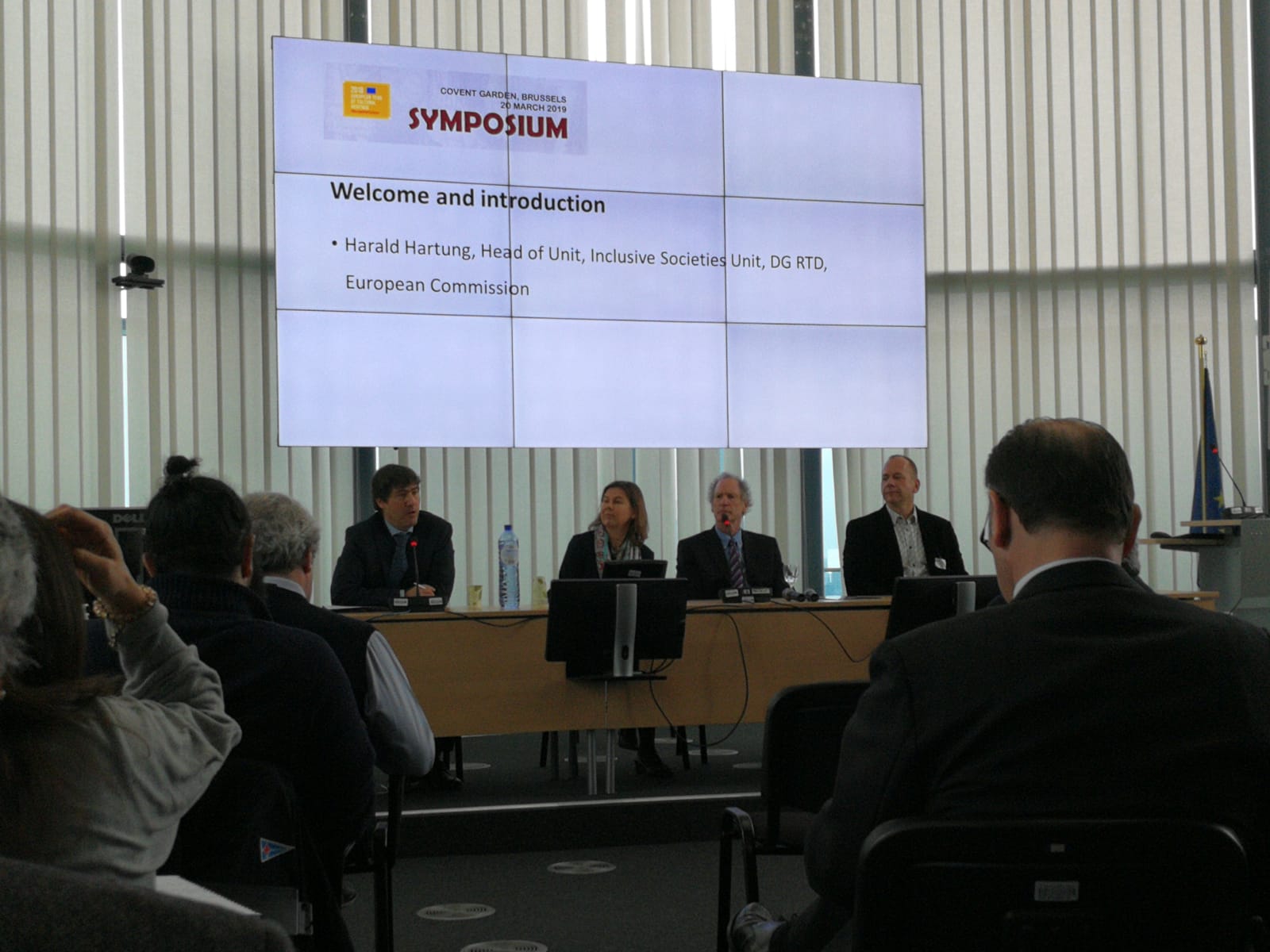 Four tables were set up each one developing a specific topic:
Four tables were set up each one developing a specific topic: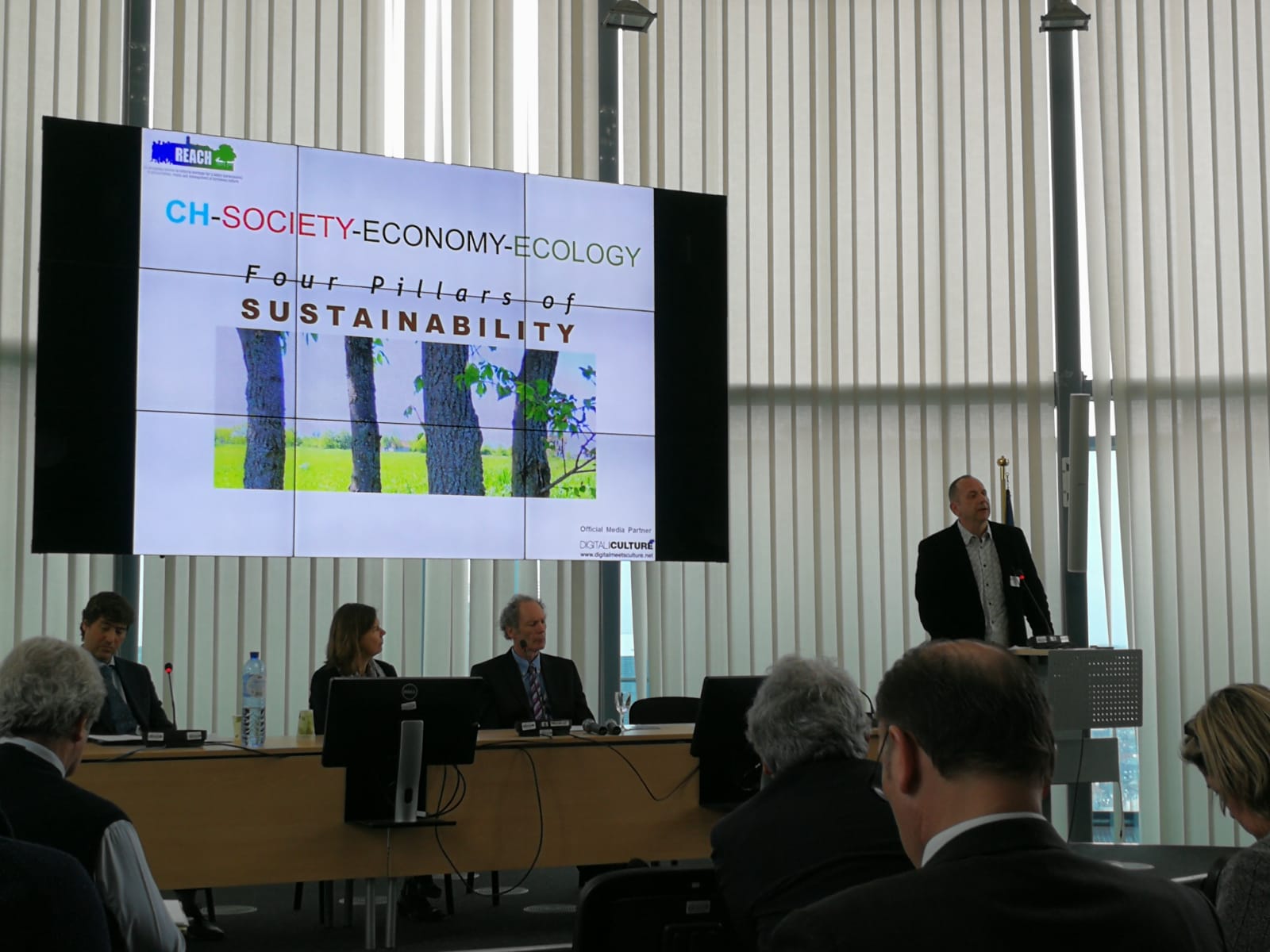 The delegates split in 4 groups again, to carry on the discussion around 4 more themes:
The delegates split in 4 groups again, to carry on the discussion around 4 more themes:































